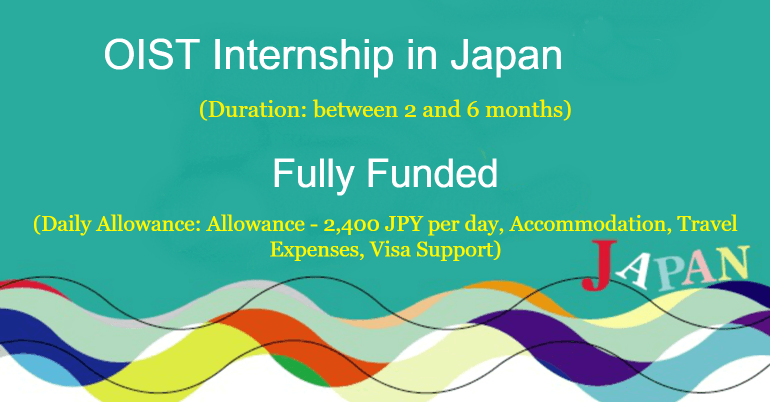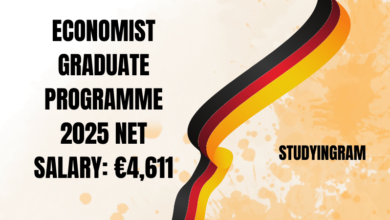Research Intern places are awarded twice a year on a competitive basis. Selection is highly competitive, and depends on suitability of the intended research, academic background, available funding and space. Not all available positions will necessarily be filled.
Candidates are considered for admission without regard to gender, gender identity, gender expression, age, sexual orientation, mental or physical disability, medical condition, race, ethnicity, ancestry, culture, national origin, religion, or marital status. Applications from women and minorities are strongly encouraged.
- Applications to the program must be made through the online form, available here.
- You can only submit your application after at least one recommendation letter is received in the application system.
- You will receive an auto-notification that your application has been received. (Please check your settings to ensure you can receive emails from addresses ~@oist.jp).
- Following the application period, applications will be screened and selection will be completed.
- Notification will be sent to successful applicants by 3 months after the submission deadline, at the latest. (In some cases applicants’ email services/ settings prevent receipt of our notifications. Please confirm that your inbox is able to receive emails from ~@oist.jp email addresses. We will not repeatedly send notifications. If you are not able to find a notification by the approximate notification date below, you can assume that you will not receive an offer for the current round.)
- Following final confirmation of internship offers, all necessary arrangements will be made, in cooperation with the interns. Your cooperation is required for timely completion of logistics to begin the internship, including possible visa preparations and other necessary Japanese government documentation.
Those eligible to apply for the OIST Research Internship Program include excellent students enrolled in undergraduate or Masters programs in universities, colleges, junior colleges, and vocational schools in Japan or overseas, or recent graduates of such institutions. Currently enrolled students must have approval from their home institution. Academic background of applicants should be appropriate to their desired host unit(s) at OIST. Graduate School funded internships are highly competitive and are only awarded to outstanding applicants who are in the final 2 years of their academic program, or are recent graduates within the past year before the application deadline. In some cases, additional internship positions may be offered directly by OIST faculty to other outstanding applicants, particularly for those with highly-developed skills relevant to the group’s research.
You will need to open an account in order to apply to the program. Be sure to remember your username and password. You may complete the application all at once or in multiple sessions. Please fill out and submit the following materials to apply for the program:
1) Curriculum Vitae Sheet – OIST CV SHEET
2) Personal Statement – STATEMENT SHEET
Please write a 1 page statement including the following points:
- How do OIST and your desired research unit(s) fit with your current expertise & skillset? If you are interested in multiple research units, please explain your interest & fit for each briefly within one single statement.
- What do you hope to accomplish at OIST?
- How does a research internship at OIST fit into your overall career plans/ aspirations?
3) Academic Transcript – Upload a scan of your current academic transcript in PDF format. Unofficial partial transcripts are accepted.
4) Recommendation Letter – A letter of reference from an academic or research professional familiar with your work is required. The application system will ask him/ her directly, using the email contact details that you provide. Please obtain the consent of that person before submitting their detailsin the form. Be sure to also confirm the e-mail address before entering it in the web-form. Applicants will be automatically notified within the application system when a letter of recommendation is received by OIST.
5) ID Photo – Upload a recent photo, showing your face from the front in standard passport orientation (image must be in JPG format, and less than 5 MB).
Application form
Once you have obtained/ prepared all the documents above, please apply to the program through this APPLICATION FORM (The application period is now opened).





